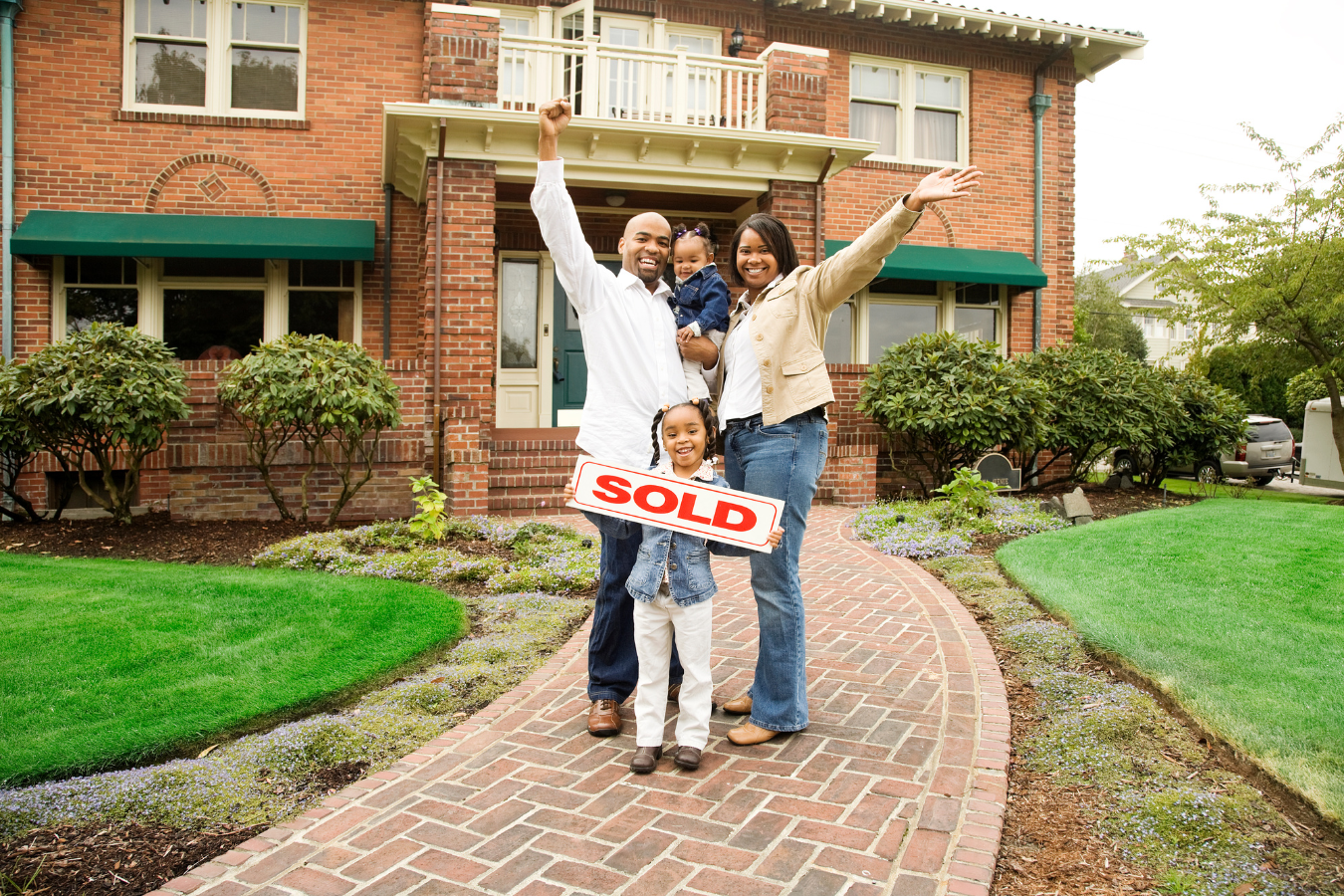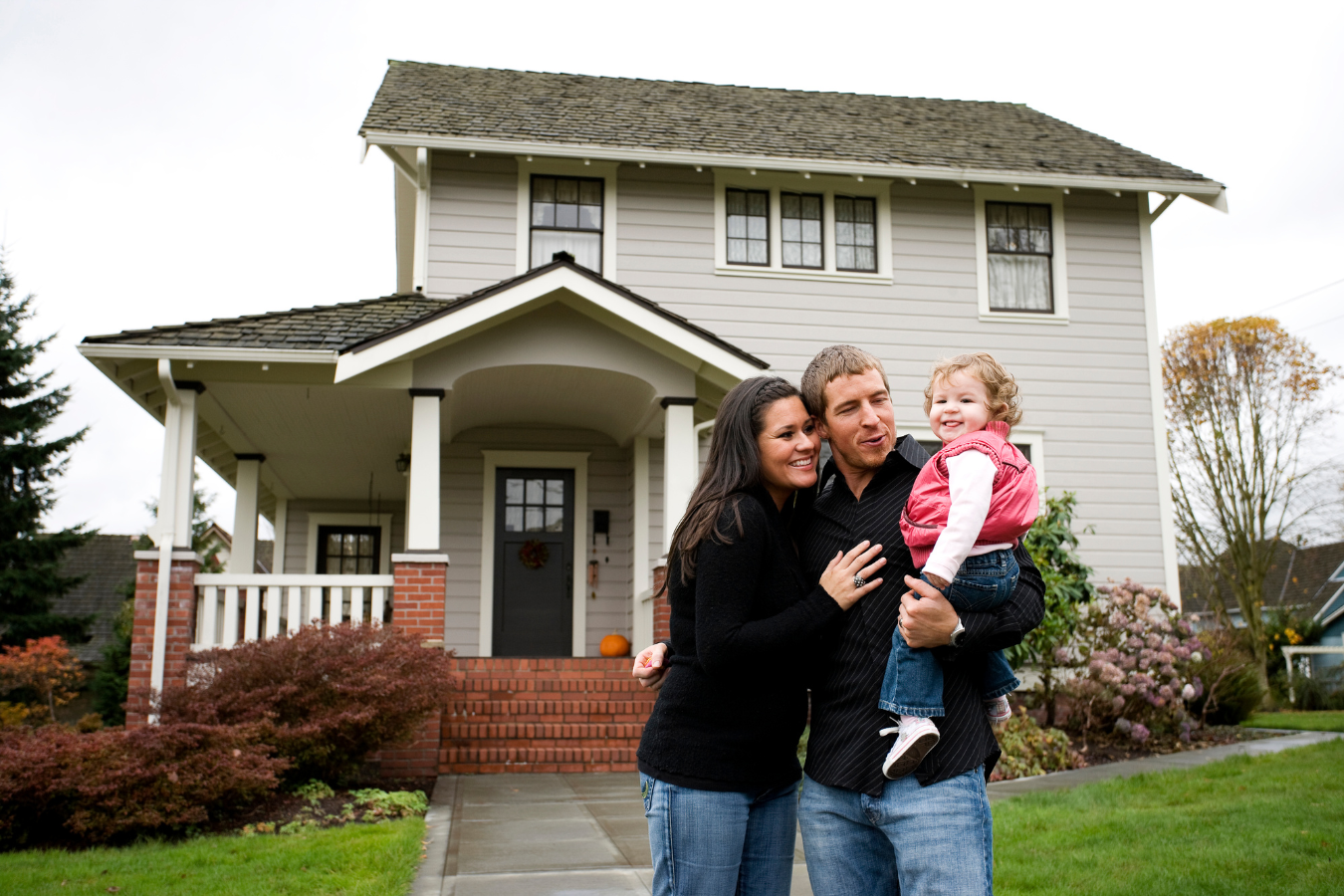Find a House that Feels Like Home
Just like with neighbourhoods, deciding on your must-haves and nice-to-haves for a home will help you narrow down what you're looking for.

Your Home Search
From online listings to touring open houses, looking at homes can be both fun and stressful. Most people start their search online, and make their final decision partially based on...

Building Your Homebuying Team
The vast majority of buyers work with a real estate agent and a mortgage lender, as well as a real estate lawyer. This team of professionals will make sure your...

Compromises that Count in Your Home Search
What do you do if you can't find everything on your home wishlist within your budget? This is the case for most of us, especially in expensive and competitive markets...

Buying a House in a New City
Homebuying is a stressful process for anyone, but moving to a new city (or province, or country) has its own particular challenges. You may only be able to visit a...

Pros and Cons of Different Kinds of Homes
Homes come in all shapes and sizes, and it can be tough to decide which is the right fit for you.Detached and Semi-Detached HomesMany buyers are interested in detached homes...

Factors to Consider When Choosing a House
It can be overwhelming to tour houses, even when it's exciting and fun. There are many things to consider when looking at homes. Here are a few.The Size of the...